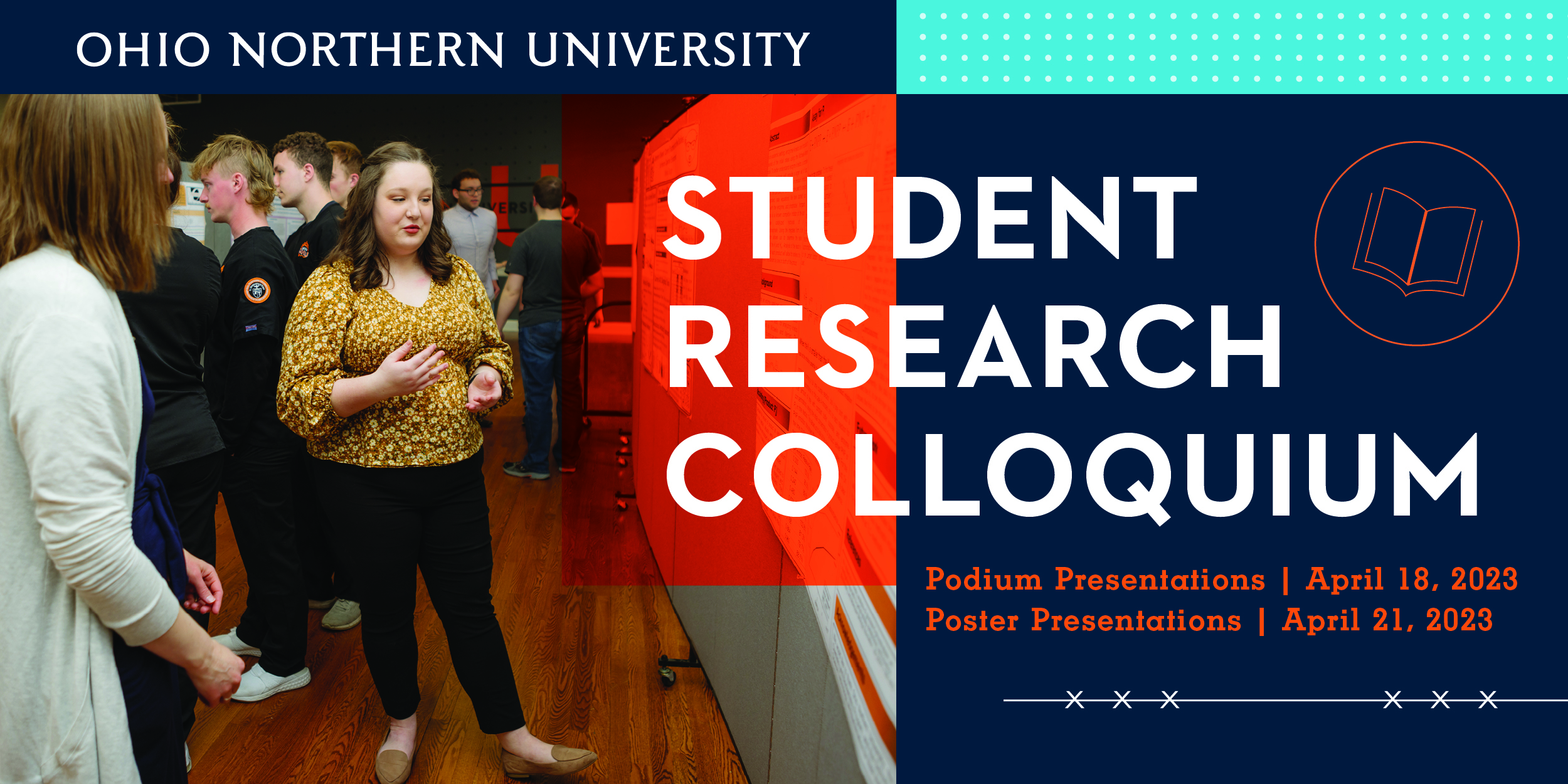Honors Capstone Project
1
Advisor(s)
Dr. Megan Clegg-Kraynok
Confirmation
1
Document Type
Paper
Location
ONU McIntosh Center; Dean's Heritage Room
Start Date
18-4-2023 3:00 PM
End Date
18-4-2023 5:00 PM
Abstract
Attention-deficit/hyperactivity disorder, or ADHD, is a common neurodevelopmental disorder characterized by symptoms of inattention, hyperactivity, and impulsivity. For decades, ADHD was regarded as a disorder that primarily impacted children in academic settings; we now know that ADHD often lasts into adulthood and causes not only academic impairment, but social, emotional, and executive functioning impairment as well.
The transition from high school to college is characterized by increased expectations for emotional regulation abilities, social skill functioning, academic achievement, and personal responsibility. Furthermore, emerging adults are frequently exposed to new experiences with substance use and sexual activity. For emerging adults with ADHD, the transition from high school to college can be especially difficult. Not only do their surroundings and responsibilities change, but their symptomology often changes during this period as well. This honors capstone enhancement project aims to explain how changes in symptom presentation, expectations, and environment can impact the lives of emerging adults with ADHD. This presentation will also address the importance of conducting research and creating treatments that specifically target ADHD-related impairment in high school and college students.
Recommended Citation
Boaz, Kayla, "Specific Impairment of High School and College Students with Attention-Deficit/Hyperactivity Disorder" (2023). ONU Student Research Colloquium. 19.
https://digitalcommons.onu.edu/student_research_colloquium/2023/papers/19
Level of Access
Open Access
Specific Impairment of High School and College Students with Attention-Deficit/Hyperactivity Disorder
ONU McIntosh Center; Dean's Heritage Room
Attention-deficit/hyperactivity disorder, or ADHD, is a common neurodevelopmental disorder characterized by symptoms of inattention, hyperactivity, and impulsivity. For decades, ADHD was regarded as a disorder that primarily impacted children in academic settings; we now know that ADHD often lasts into adulthood and causes not only academic impairment, but social, emotional, and executive functioning impairment as well.
The transition from high school to college is characterized by increased expectations for emotional regulation abilities, social skill functioning, academic achievement, and personal responsibility. Furthermore, emerging adults are frequently exposed to new experiences with substance use and sexual activity. For emerging adults with ADHD, the transition from high school to college can be especially difficult. Not only do their surroundings and responsibilities change, but their symptomology often changes during this period as well. This honors capstone enhancement project aims to explain how changes in symptom presentation, expectations, and environment can impact the lives of emerging adults with ADHD. This presentation will also address the importance of conducting research and creating treatments that specifically target ADHD-related impairment in high school and college students.

